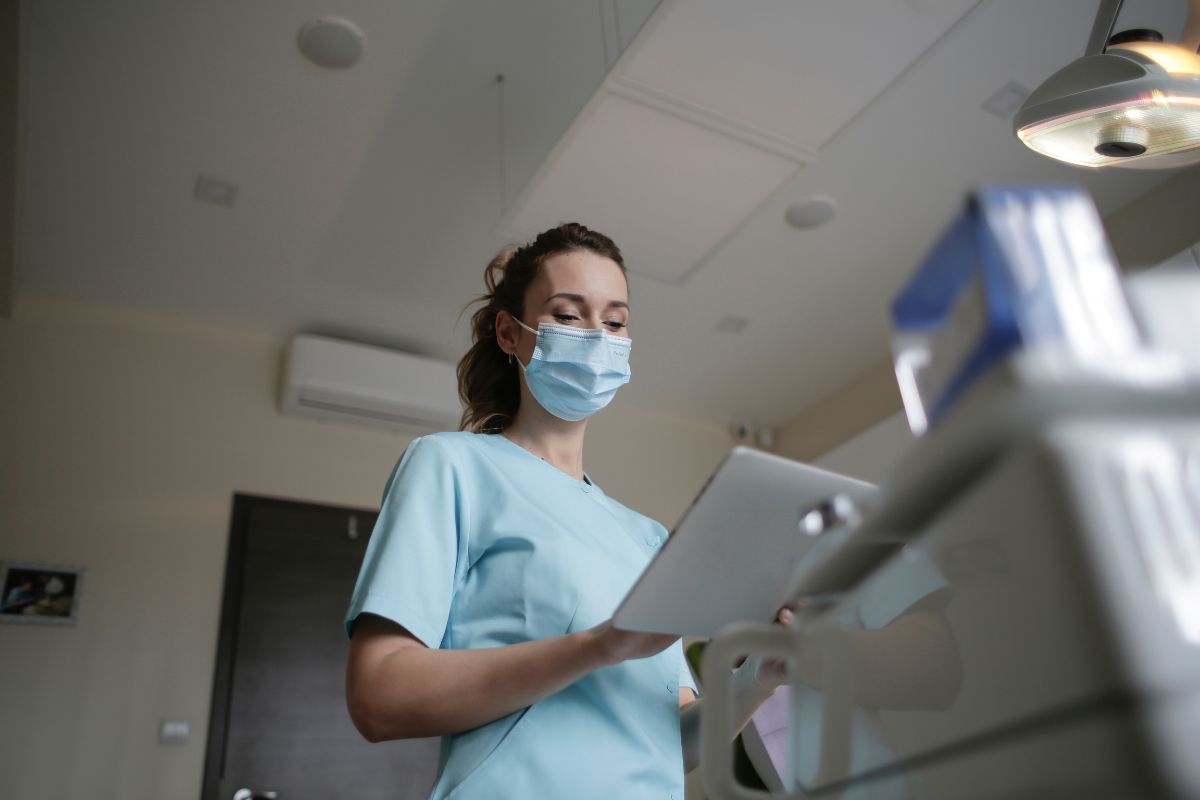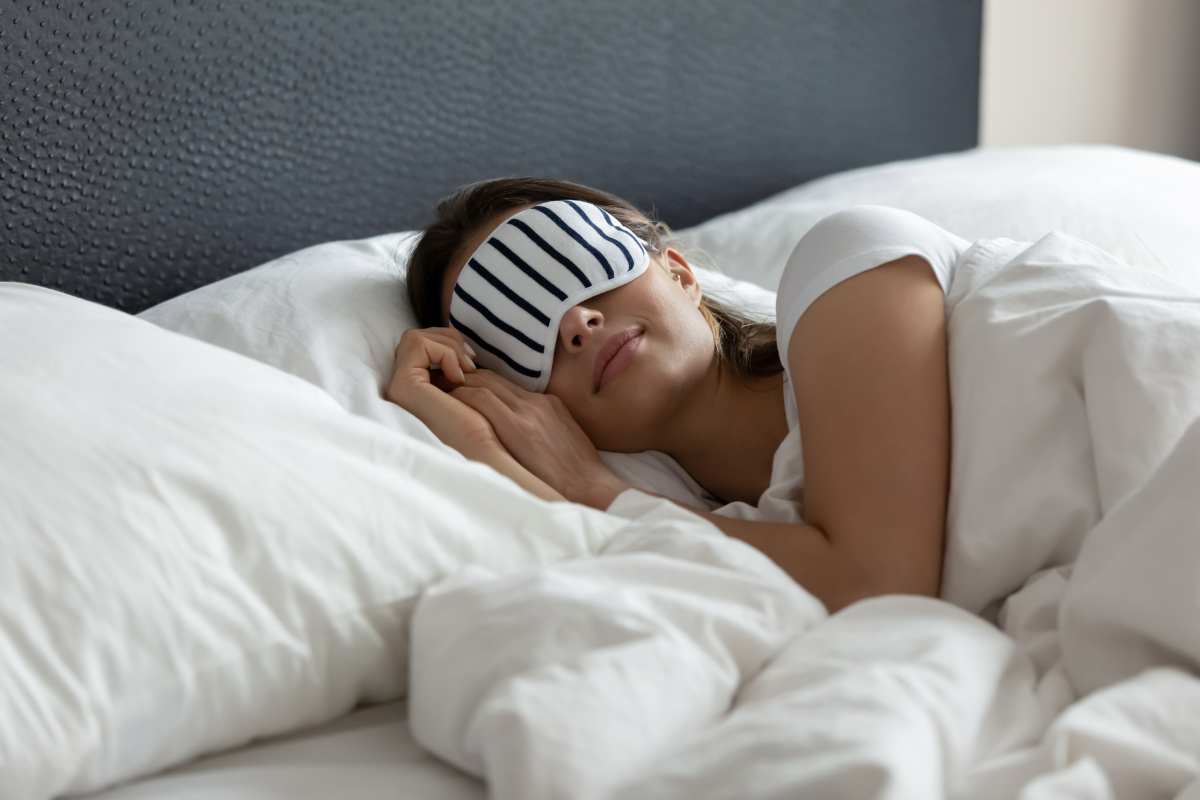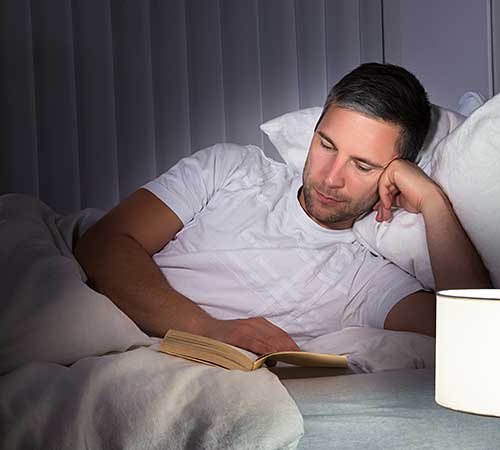Sleep clinics specialize in the study of disorders that occur when we should be asleep
A visit to a sleep disorder clinic may reveal an underlying problem or another symptom. Here’s what you might learn after a visit.
You might learn that you have sleep apnea. Studies of this nature are often used to determine if one is present and if so what type of apnea it is. In apneas, there is a pause in
breathing that lasts for a minimum of 10 seconds.
A polysomnogram, an EEG and an examination of blood oxygen levels are among the tests used in the study.

Three basic types of apnea
There are three basic types of apnea. They are central, obstructive and complex, which is a combination of both central and obstructive.
In central apnea, the normal drive to breathe is lacking in the brain. Normally, the brain responds to changes in blood gases, sending out signals to inhale. Breathing is usually an autonomic response, meaning that it happens without conscious thought.
In central apnea, a person may awaken, realize that they are not breathing and gasp for breath. The biggest danger is that, due to alcohol consumption or medication, a person may not wake to resume breathing.
In obstructive apnea, the airways collapse due to gravity and/or a weakening of the muscles and tissues surrounding the throat and air passages. Obesity is present in a large percentage of people that suffer from the obstructive type.

levels or because a family member has noticed the pause in normal breathing.
Symptoms such as daytime fatigue may lead to a sleep study
When risk factors such as diabetes and obesity are also present, a doctor may strongly suggest a study.
You might also visit a sleep disorder clinic just to find out what’s going on while you are asleep. You could be suffering from a parasomnia.
Parasomnias include disorders such as sleepwalking and talking in one’s sleep. In the worst cases, people awaken with unexplainable bruises or lacerations. A person’s partner may complain of kicking or thrashing that occurs in the night.
The benefits of discovering the kind of problem you are experiencing are many
First, there is an “answer”. Not knowing what’s going on is sometimes the hardest part.
Second, a well-designed study can help you and your doctor come up with a treatment plan. For example, in obstructive, central and complex apneas, there may need to be lifestyle changes, special sleeping arrangements or even surgery.
One of the most common reasons for visiting sleep clinics is insomnia. According to a study conducted in 2007, some 64 million Americans are treated or seek treatment for insomnia each year. So, it is a common problem.
Instead of prescribing pills, many doctors try to determine what is causing the insomnia. An apnea or restless legs syndrome are examples of things that can cause insomnia.

Specialists at a sleep disorder clinic have studied “sleep medicine.”
It is a relatively new subspecialty. The first sleep clinics were not opened in the US until the 1970s. At first, it was merely an area of interest.
Post-graduate studies are necessary for doctors and technicians that want to specialize in this expanding field of medicine. But, practically anyone can open a laboratory. So, if you do decide to have a study conducted, you may want to evaluate the doctor’s and the
technician’s credentials.
There is no real risk involved in participating in a study. But, it is certainly possible to waste your money on a sleep disorder clinic, if the technicians are not well trained.
Fatigue, according to the US National Transportation Safety Board, is the leading cause of fatal heavy truck crashes. 31% of accidents are caused by driver fatigue.
Disorders can lead to symptoms of sleep deprivation and can take a heavy toll on one’s health. People with apnea are at an increased risk of certain kinds of heart failure.
If your doctor has suggested that you make an appointment with one of the sleep clinics near you, take the advice. What you learn could inevitably save your life.








